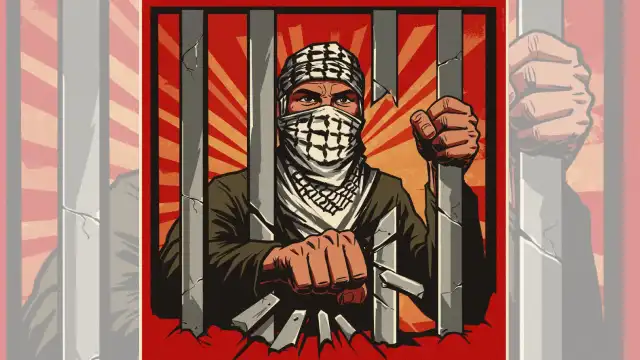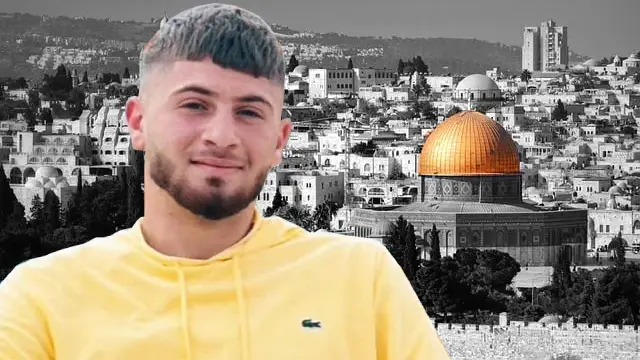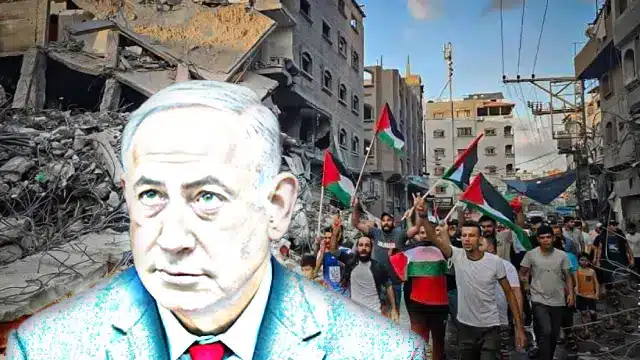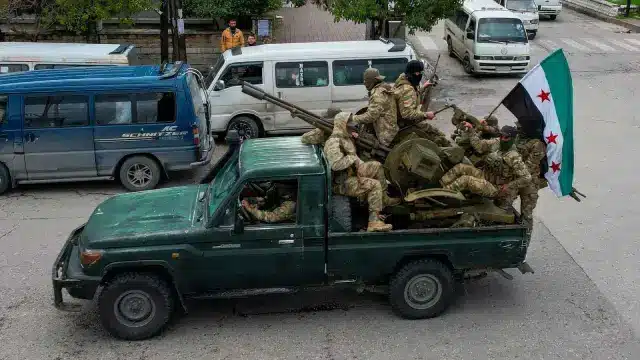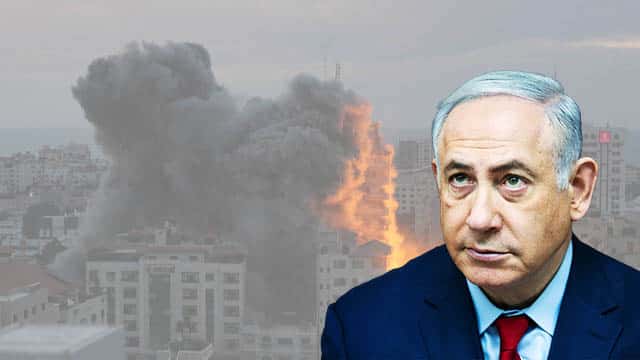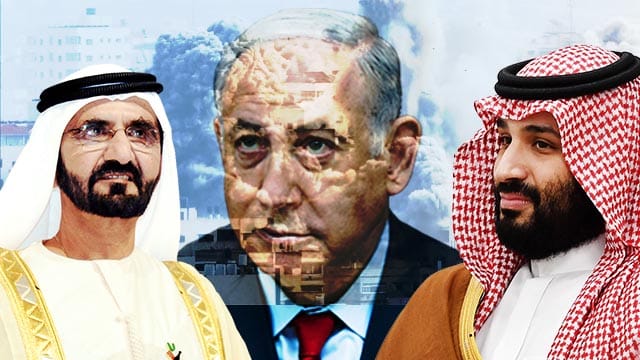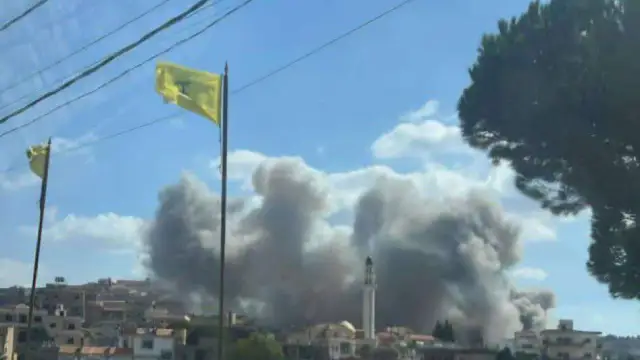Palestinian Prisoners’ Day arrived this year amid a backdrop of escalating tensions and dwindling hopes. The annual April 17th observance takes on heightened significance as Israel’s violations of the January 2025 ceasefire agreement cast a shadow over prospects for peace. With more than 14,000 Palestinians in Israeli custody and Israeli prisoners still held in Gaza, the day serves as a stark reminder of the human toll of the conflict.
‘Freedom for the Lovers of Freedom’
The left-wing resistance organisation Popular Front for the Liberation of Palestine (PFLP) frames Palestinian Prisoners’ Day in terms of broader resistance. “Prisoners are at the heart of the national struggle and a symbol of our people’s unity and resistance,” the PFLP declares in its official statement.
For the PFLP, this day occurs “as our people face one of the most brutal and bloody periods in their history.” The group points to what it terms “an ongoing zionist genocide” against Palestinians in Gaza, the West Bank, and Jerusalem. Prisoners, it argues, “stand at the forefront of the confrontation.”
The left-wing group’s statement paints a grim picture of conditions inside Israeli prisons. Detainees face “fascist policies” including “systematic torture, deadly medical neglect, starvation, humiliation, and the denial of basic human rights.” Such treatment, the PFLP contends, “reflects the broader genocidal policies targeting all segments of our people.”
The statement highlights prominent prisoners, including the group’s secretary-general, Ahmed Sa’adat. It also pays tribute to deceased prisoners, particularly Walid Daqqah, who “passed away due to deliberate medical neglect.”
Current statistics from the PFLP indicate over 9,900 Palestinians in Israeli captivity. These include 29 women, approximately 400 children, and more than 3,498 administrative detainees held without formal charges.
The medical emergency of Zaher Al-Shattari
A separate PFLP statement draws attention to a specific case that illustrates the larger issue.
Zaher Al-Shattari, a detained leader, faces “a serious health setback inside the occupation’s prisons.”
The organisation attributes his condition to “deliberate medical neglect and the denial of necessary treatment.”
The PFLP has raised the alarm about Al-Shattari’s deteriorating health. “The repressive practices and systematic medical neglect policies taking place inside the occupation’s prisons…amount to war crimes,” the statement asserts.
The group calls for “the broadest campaign of support and solidarity with the sick prisoners.” It also demands intervention from international bodies, particularly criticising the International Committee of the Red Cross as “complicit and inactive.”
Hamas: ‘A top priority in the Al-Aqsa Flood deal’
The Islamic resistance organisation Hamas adopts a similarly critical stance in its Palestinian Prisoners’ Day statement. The Islamic resistance organisation opens with stark numbers: “Around 14,000 prisoners—including women and children—and approximately 2,000 detainees/kidnapped individuals from Gaza” are currently held by Israel.
The statement draws attention to deaths in custody. “So far, 63 prisoners and detainees have died in captivity, the most recent being the child Walid Ahmad, who died as a result of deliberate starvation.”
For Hamas, prisoner liberation remains central to any potential agreement. “The liberation of prisoners from zionist occupation prisons will remain at the top of our priorities in the ‘Al-Aqsa Flood’ exchange deal,” the group affirms.
The statement contrasts Palestinian and Israeli treatment of prisoners. “The world has seen how our movement treated the enemy’s prisoners with care, humanity, and civilised values,” Hamas claims. This stands in opposition to what it describes as “the most heinous forms of torture, intentional murder, and crimes” committed by Israel.
The negotiation impasse
Hamas leader Bassem Naim addresses the stalled ceasefire negotiations directly.
He responds to Israeli captives’ families who have reportedly rejected partial deals and called for a comprehensive agreement.
“We are ready to negotiate at once on a comprehensive deal leading to a permanent ceasefire,” Mr Naim states.
He says that such a deal would include “full withdrawal of zionist forces from the Gaza Strip, opening of the crossings, and reconstruction, in exchange for a serious and honourable prisoner exchange.”
The obstacle, according to Mr Naim, is not Hamas but “Netanyahu and his extremist government, due to personal and partisan considerations.”
He dismisses what he terms “partial deals in exchange for food, water, and continuing the genocide” as “a thing of the past.”
Captive soldier’s plea
The human face of Israeli prisoners emerges in a video message from Baron Barslavsky, an Israeli soldier held by Islamic Jihad.
His desperate appeal pulls no punches: “My blood is on your neck, Mr Prime Minister Netanyahu. Where are your promises to liberate us?”
Mr Barslavsky describes harrowing conditions.
He speaks of “lack of food, water, and medical care, constant bombings, and deteriorating mental and physical health.”
His message expresses fear that “the next bomb will land on my head, and my blood will be on your hands.”
The captive soldier appears sceptical about military rescue attempts.
“There’s no chance in this world that you’ll get me out of here by military pressure,” he states.
“Even if you flip the whole world upside down, you won’t bring me back,” the frustrated soldier, imprisoned since October 2023, says.
His message extends beyond Israeli leadership to international figures.
“Trump, where are you? Where are your promises? Didn’t you say to release everyone through a deal?” Barslavsky asks US President Donald Trump.
He also describes Gaza as “completely destroyed. There’s nothing here. Absolutely nothing.”
Mr Barslavsky’s video emerges a few days after Hamas claimed that it had lost contact with the group guarding imprisoned Israeli-American soldier Edan Alexander.
In his video message, Mr Alexander had also expressed his frustration with the Israeli government and said he thinks he will never return home alive.
Tragic case of Marooh Yasser Khuzaima
Palestinian released prisoner Marooh Yasser Khuzaima presents a parallel story of suffering and subsequent death. Released during the November 2023 prisoner exchange, Mr Khuzaima was later killed by Israeli forces in Qabatiya, south of Jenin.
Before his death, Mr Khuzaima testified about conditions during his detention.
“The year I was in prison was difficult. They dealt with us with heavy violence and repression,” he stated.
He described severe food deprivation: “One plate of rice was given to eight prisoners.”
Living conditions were equally dire.
“We just had a mattress sheet and very thin sheets. We wake up cold at night, unable to sleep,” Mr Khuzaima recalled.
Information was also severely restricted, he had claimed, saying, “Without the new prisoners, we wouldn’t know any news; we wouldn’t know what has happened in the world.”
His father’s response to his son’s death reveals the deeply entrenched nature of the conflict.
“He gave his life for the homeland,” the elder Mr Khuzaima stated.
“He was a prisoner, a wanted fighter, and a martyr—thank God, we stood firm,” he added.
Death on Palestinian Prisoners’ Day
The symbolism of Palestinian Prisoners’ Day took on added poignancy with news of another death in custody.
On April 17th, 20-year-old Musab Hassan Odeili from Orsin, south of Nablus, died while detained by Israel.
Odeili had been in custody since March 22nd 2024, sentenced to 13 months in prison.
Reports indicate he was due to be released within days.
His death raised the reported prisoner death toll to 64 since the beginning of what Palestinian groups term “the genocide.”
This latest casualty underscores the urgency expressed in all factions’ statements.
It gives immediacy to Palestinian Islamic Jihad’s assertion that “the arbitrary arrests carried out by the occupying entity are not merely violations of individual rights—they shatter the stability of entire families.”
Islamic Jihad calls for international pressure
Palestinian Islamic Jihad frames Palestinian Prisoners’ Day as an opportunity to highlight international double standards.
“While the so-called ‘free world’ rises in protest demanding the release of occupation soldiers, the international community remains stained by the shame of silence,” the group states.
The organisation provides its own statistics: “Today, the occupying entity holds around 14,000 Palestinian prisoners in its various detention centres, including 3,498 administrative detainees, 400 children, and 27 women.”
Islamic Jihad connects the prisoners’ cause to the broader conflict.
“The ‘Al-Aqsa Flood’ operation was launched, in essence, to impose a genuine prisoner exchange deal,” the statement claims.
The goal was to “liberate our prisoners from the occupation’s jails and alleviate the suffering of our people.”
The group calls for international action.
It urges supporters worldwide to “exert all efforts and launch solidarity campaigns in capitals and universities, to pressure governments and organise public actions to end the occupation’s violations.”
The path forward
All Palestinian factions express determination regarding prisoners.
The PFLP affirms that “the prisoners’ cause has always been and will always remain a central part of our liberation struggle—not a seasonal issue, but a permanent symbol of unity and resistance.”
Hamas calls for April 17th to be “a Palestinian, Arab, and global day of solidarity with Palestinian prisoners in the occupation’s jails.”
The day should serve as “a renewed opportunity to remind the world of their legitimate right to freedom,” Hamas says.
Islamic Jihad reaffirms “the resistance’s unwavering commitment to liberate our heroic prisoners from the enemy’s prisons, until the flags of freedom are raised in every Palestinian home.”
The statements converge on the view that prisoner releases must be part of any lasting solution.
As Palestinian Prisoners’ Day passes, however, prospects for a comprehensive deal remain uncertain.
The January 2025 ceasefire collapsed in March following Israeli violations, and negotiations appear stalled over Tel Aviv’s obstinate position on the resistance’s disarmament.
For thousands of Palestinians in Israeli prisons and Israelis held in Gaza, Palestinian Prisoners’ Day represents not just a commemoration but an ongoing ordeal with no clear end in sight.

